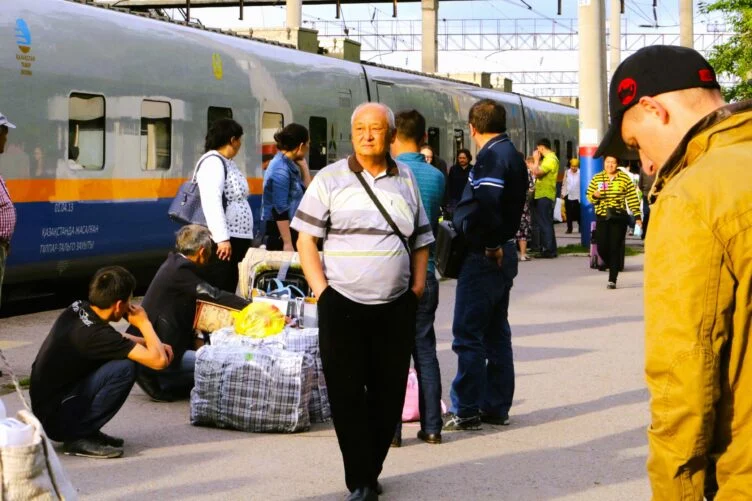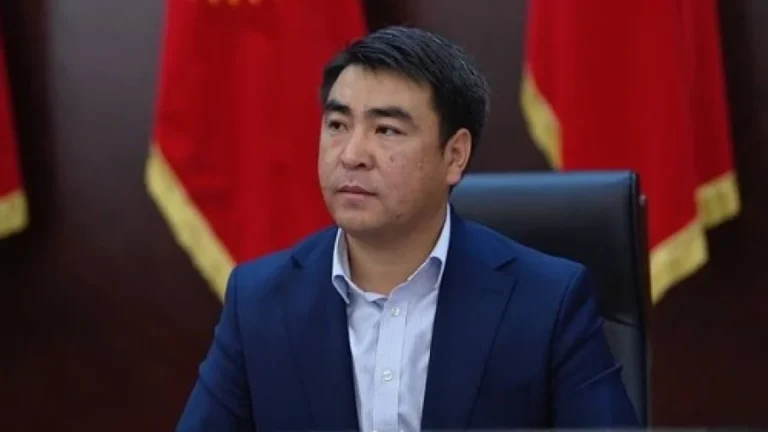Sobering truth — survey shows Kazakhs happy with authoritarian rule

A majority of Kazakhs don’t mind authoritarian rule and don’t believe that honest elections can improve their lives, according to findings of the World Values Survey.
Asked to assess a political system with a strong leader at the helm, who is allowed to make decisions bypassing parliament and who does not depend on elections, 34.3 percent of Kazakh citizens polled described it as “very good”, 43.6 percent as “quite good”, 15.4 percent as “quite bad”, and 6.7 precent as “very bad”.
In other words, 78 percent of those surveyed showed support for authoritarian rule.
Authoritarian rule is viewed most negatively in Pavlodar Region (55.3 percent), and the city of Shymkent (49.2 percent).

In North Kazakhstan region 100 percent of those polled were very positive about it. A positive attitude to authoritarian rule was close to 100 percent in Zhambyl, Karaganda and West Kazakhstan regions.
Even in Almaty, which was once seen as ‘an opposition stronghold’, it was 94.2 percent.
Asked how satisfied they were with the current political system – 25.4 percent of those polled in Almaty said they were happy with it, 59.3 percent moderately unhappy, and 15.2 percent unhappy.
In Astana, 39.6 percent of those polled said they were happy with the system, 55.2 percent were moderately unhappy, and only 5.1 percent were unhappy.
In Kyzylorda Region no one said they were unhappy with the system, 71.5 percent said they were happy, and 28.7 percent said they were somewhere in between.
Support for the current system is also high in Mangistau (nearly 50 percent) and Zhambyl regions (66.3 percent).
The region with the greatest share of people dissatisfied with the current system (24.1 percent) is West Kazakhstan Region.
Regarding Kazakhs’ attitudes to honest elections, the survey showed that 31.3 percent see them as “very important”, 41.6 percent as “quite important”, 20.7 percent “not very important” and 6.4 percent “not important at all”.
Among the 63 countries where the WVS put this question to those polled, Kazakhstan is in third place for the share of those who see honest elections as “not important at all”.
When asked to what extent the state should be responsible for citizens’ lives, using a scale from 1 to 10 (with 10 meaning minimum government responsibility), Kazakh respondents’ average score was 4.9 points.
The findings explain Kazakh voters’ apathy, which becomes evident during every election campaign.
An overwhelming majority of Kazakh citizens have delegated all responsibility for their lives and the country to the government.
The downside of this kind of status quo is that without any control and political competition it is easy for the government to abuse power and go too far in neglecting citizens’ needs. And when that happens the only way citizens can show dissatisfaction is by taking to the streets.
Nonetheless, however pessimistic the findings may look, they reflect the reality.
The WVS itself said, summing up the results of the survey, that even though “the desire for free choice and autonomy is a universal human aspiration”, “it is not the top priority when people grow up feeling that survival is uncertain”.
“As long as physical survival remains uncertain, the desire for physical and economic security tends to take higher priority than democracy,” it said.
It added that as authoritarian nations become more prosperous, desire for self-expression becomes more widespread and public pressure for political liberalisation begins to grow.
The WVS is an international research program devoted to the study of social, political, economic, religious and cultural values around the world.
By Zharas Akhmetov
Follow our Telegram and WhatsApp channels!





Все комментарии проходят предварительную модерацию редакцией и появляются не сразу.